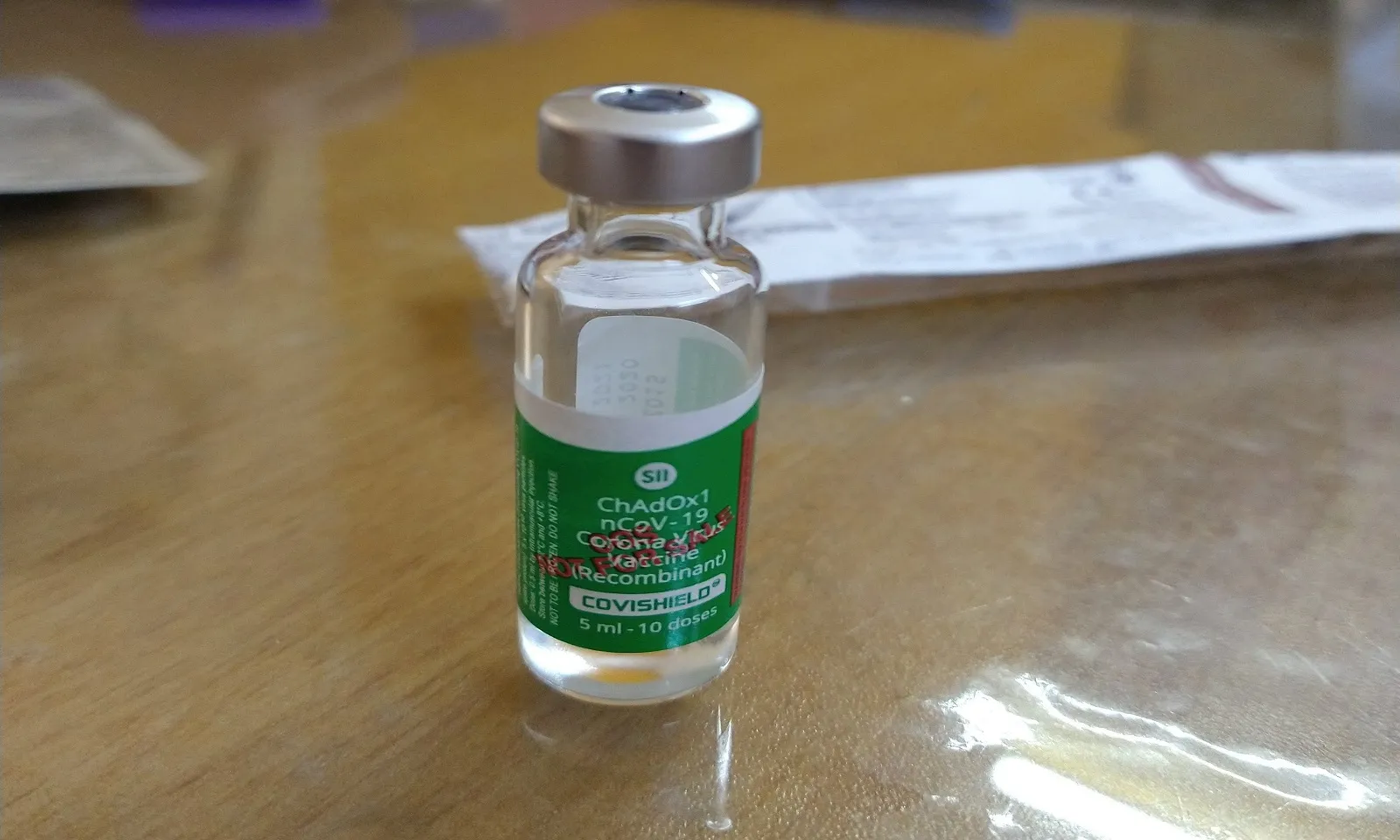One-Dose Vaccination Plan Against COVID-19 Not Ideal, Say Experts
Experts disapprove of single-dose & vaccine mixing strategies due to lack of enough research on COVID-19 variants

Representational Image
Amid vaccine shortage in the country, the Centre is planning to test effectiveness of a single vaccine dose of Covishield instead of a double dose and also check mixing two vaccines together.
According to a news report by NDTV, both these tests are to begin soon.
Editor's Note: This article, which was originally published at 2.15 pm on June 1, 2021, was updated hours later to include the statement of Dr VK Paul, Member (Health) in NITI Aayog and Chair of the National Expert Group on Vaccine Administration for COVID-19. During the day's press briefing, he clarified that Covishield will not be changed to a single-shot schedule and there will be no mixing of vaccine jabs until scientifically proven.
FactChecker spoke to experts about the effectiveness of both these strategies.
Single-dose strategy
The United Kingdom recently reduced the gap between the two doses of the AstraZeneca vaccine to eight weeks to ensure full protection. But, researchers from Banaras Hindu University claim that a single dose of the vaccine is effective for COVID-19 recovered patients.
BHU researchers studied both recovered and non-infected people and found that 90% of the non-infected people developed anti-bodies after 3-4 weeks but recovered people developed anti-bodies after first dose. "By giving single-dose to recovered people we can overcome vaccine shortage. We've also written a letter to PM in this regard," Gyaneshwer Chaubey, a professor at BHU's Zoology department, told ANI.
But experts absolutely disapprove of this strategy. "The decision of altering the double dosed vaccine to single dosed is only meant to hide the shortage otherwise two doses are essential to provide complete immunity," said Dr Harjit Bhatti, ex-President, AIIMS Resident Doctors' Association and National President, Progressive Medicos and Scientists Forum.
According to a study conducted by Public Health England (PHE) and other institutions in England, a single-dose of the Astra-Zeneca vaccine in the United Kingdom was only 33% effective in protecting from the B.1.617.2 coronavirus variant as compared to 59% efficacy from two doses of the vaccine.
S Vincent Rajkumar, an oncologist and professor of medicine at the Mayo Clinic in the US, also called the strategy a "bad idea" in his recent tweet.
While the popular comparison is drawn between single dose vaccines developed by Johnson & Johnson, Sputnik Light and Oxford Astra-Zeneca developed Covishield, experts believe effectiveness of vaccines on different variants needs to be paid attention to.
"Johnson & Johnson is a single dose vaccine and is an adeno-virus platform. But we do not how it performs against the B.1.617.2 variant. Before we make a hasty decision to switch from two dose to one, we need to evaluate first as to how the vaccines are working with the variant. We have already got millions of people who have got one dose of the Astra-Zeneca vaccine with a time lag of one/two/three months after their first dose. But there is no evidence yet what the effectiveness of the vaccine is in such cases," Dr Gagandeep Kang, a microbiologist, virologist and professor in Christian Medical College, Vellore, told Factchecker
Neither has the current situation of the variant been evaluated nor is it not known if the vaccine is working at all, she said. "A decision certainly cannot be made without proper data just by saying that we are short of vaccines without taking into consideration of all the aspects," Dr Kang added.
While seconding Dr Kang, Dr Jayadheer Babu, a critical care specialist at Guntur General Hospital and state president of Andhra Pradesh Government Doctors' Association, told Factchecker, "Covishield, after first dose, has 30% efficacy and after 15 days of second dose it has an efficacy of 80-90%. So, the entire course of the vaccine is actually one and a half months and these issues with vaccines keep evolving. Up until now we do not have any information on dose-wise antibody development and if at all there has been development of anti-bodies after the first dose, the research needs to be published, distributed and debated before coming up with the idea of single dose. Only then we accept such a move."
Mixing vaccines
Recently, 20 people in Uttar Pradesh's Siddharthnagar district were accidentally given two different coronavirus jabs. They were given a shot of Covishield in early April and later got the locally developed Covaxin as part of their second dose in May.
"I have no problem with vaccine mixing but such mixings should not happen by accident the way it happened in Uttar Pradesh. People need to be recruited for such clinical trials with their consent where people know what and why are they recruited for the trial. This has to be conducted as a clinical trial before such practices are rolled out widely into the programme," Dr Kang told FactChecker.
Experts are divided on this matter since some believe there isn't enough data to make such decisions. "Vaccine mixing is not ideal at this point since there is no data available yet to support such decisions," said Dr Babu.
Several countries are conducting studies on the mix and match of vaccines. In fact, Spain and the United Kingdom recently released the data from their trials which suggests that mixing may give higher antibody levels than two doses of the same vaccine.
Dr Lalit Kant, ex-Deputy Director General, Indian Council of Medical Research, said India should have studied this possibility long back. "Being the 'Pharmacy of the World' comes with responsibilities of telling the world about all these aspects prior to others. We are doing too little and too late," he concluded.


